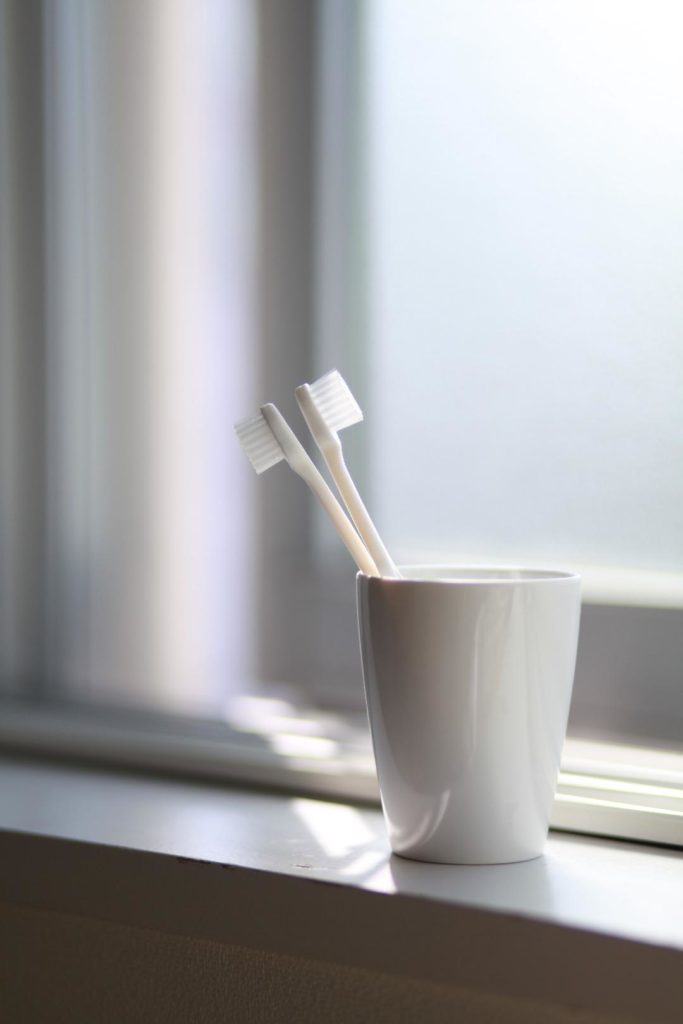Your Guide to the Seven Most Common Types of Cosmetic Dentistry Options
Blog:Your Guide to the Seven Most Common Types of Cosmetic Dentistry Options

Maybe you have a wedding or a reunion coming up, or perhaps you feel self-conscious about the appearance of your teeth. A beautiful, healthy mouth can boost your confidence so you can feel positive about your overall aesthetic.
So, how do you know what kind of cosmetic dental treatment is best for your mouth? The primary way is to consult your dental practitioner. They will be able to assess your oral health and create a plan that suits your needs. Here are seven common types of cosmetic dentistry options and how they can improve the appearance of your smile. 
1.WHITENING
Have you been feeling like your teeth are missing that healthy shine? Some foods, beverages and habits can tarnish the colour of your teeth, including coffee, cigarettes and red wine. But before you run to the store to purchase over the counter teeth whiteners, there are some factors you should consider.
Tooth whiteners often have harsh ingredients like bleach that strip your teeth, making them dry and brittle.
If you have cavities, tooth whiteners can wear out the tooth much faster.
Sometimes, stained teeth need a good dental cleaning to bring them back to a healthier colour.
2.ENAMELOPLASTY
Enameloplasty essentially means reshaping different areas of the enamel. This type of cosmetic dentistry can be useful if you have a small chip in any of your teeth or if you need to reshape crooked or notably long teeth. There is, however, a downside to this procedure. A dentist can only go to a certain depth making this an option available to only some patients.
3.BONDING
Bonding refers to the process of applying an enamel-like paste to decayed, cracked, chipped, fractured or discoloured teeth to repair them or to reduce the appearance of gaps. The enamel-like substance is a mixture called composite resin that can be tinted, polished and sculpted to match the appearance of your natural teeth. A few examples of bonding materials are inlays, onlays and veneers. An added benefit is patients of all ages, including children, can receive this treatment.
4.VENEERS
If you’ve ever had a chipped or damaged tooth, chances are your dentist may have used veneers to repair the injury. Veneers are durable, thin pieces of porcelain that never stain. Dentists bond veneers to teeth for cosmetic purposes or to correct any injury incurred.
5.FIXED BRIDGES
Fixed bridges are one of the most common types of bridges, and it fills in gaps left by one or more missing teeth. The treatment involves preparing and implanting false teeth that are sometimes called abutments. Fixed bridges are not removable like partial dentures and can last up to ten years. However, Taking proper care of your mouth is even more critical as poor oral hygiene can present a higher risk of dental issues.
6.DENTAL IMPLANTS
A dental implant is a treatment that involves implanting prosthetics to replace missing teeth. A titanium device is inserted into the bone then joined to a dental crown, abutment, or denture. This procedure can take several visits to complete.
7.ORTHODONTIC TREATMENT
Orthodontics is a form of dentistry that corrects issues with the alignment of the teeth and jaw, including braces, aligners or other appliances. People often associate these treatment methods with teenagers and children; however, treatment can take place at any stage of your life. Orthodontic treatment could take a few months or many years of regular visits, depending on your age and the severity of your misalignment.
For more on this topic, read our blog post, “seven reasons why you may need orthodontic work and how your dentist can help.”

TAKEAWAYS
Here are a few general tips to keep in mind that will help you maintain your beautiful smile even after undergoing cosmetic procedures or treatments.
1. Keep up with your regular brushing routine (brush at least twice per day and floss once per day)
2. Maintain a healthy tooth-friendly diet ( limit processed sugar and simple carbs)
3. Try not to bite down on something hard (the same goes for natural teeth)
4. Use a nightguard or another appliance to help protect your veneers or implants.
If you are concerned about the appearance of your teeth, it is best to speak with your dentist. Your dentist will be able to assess the condition of your oral health and provide you with options that are best suited for your mouth.



